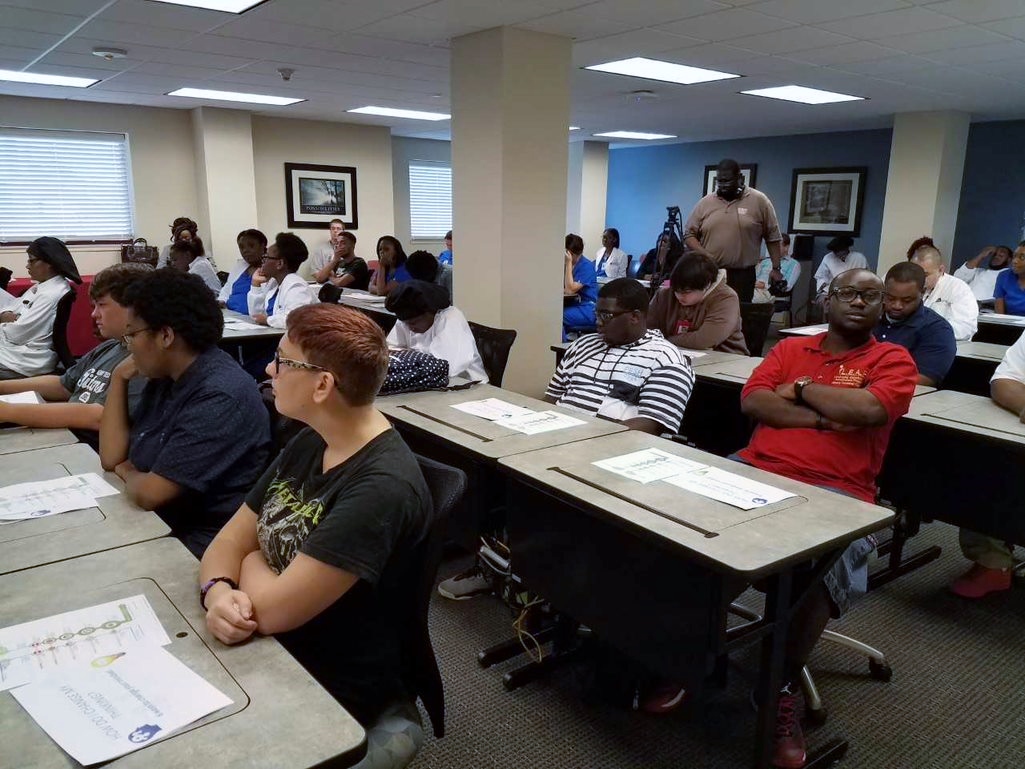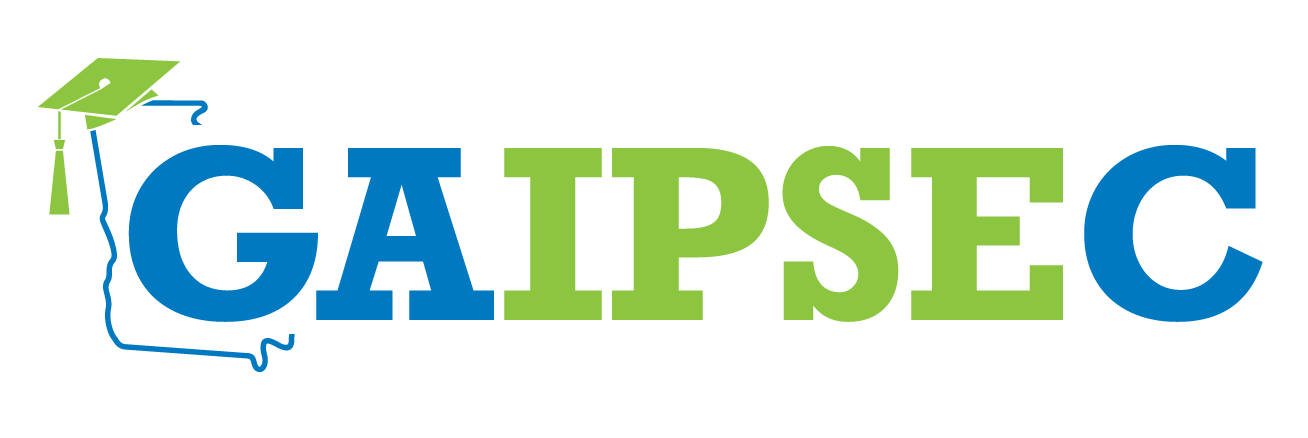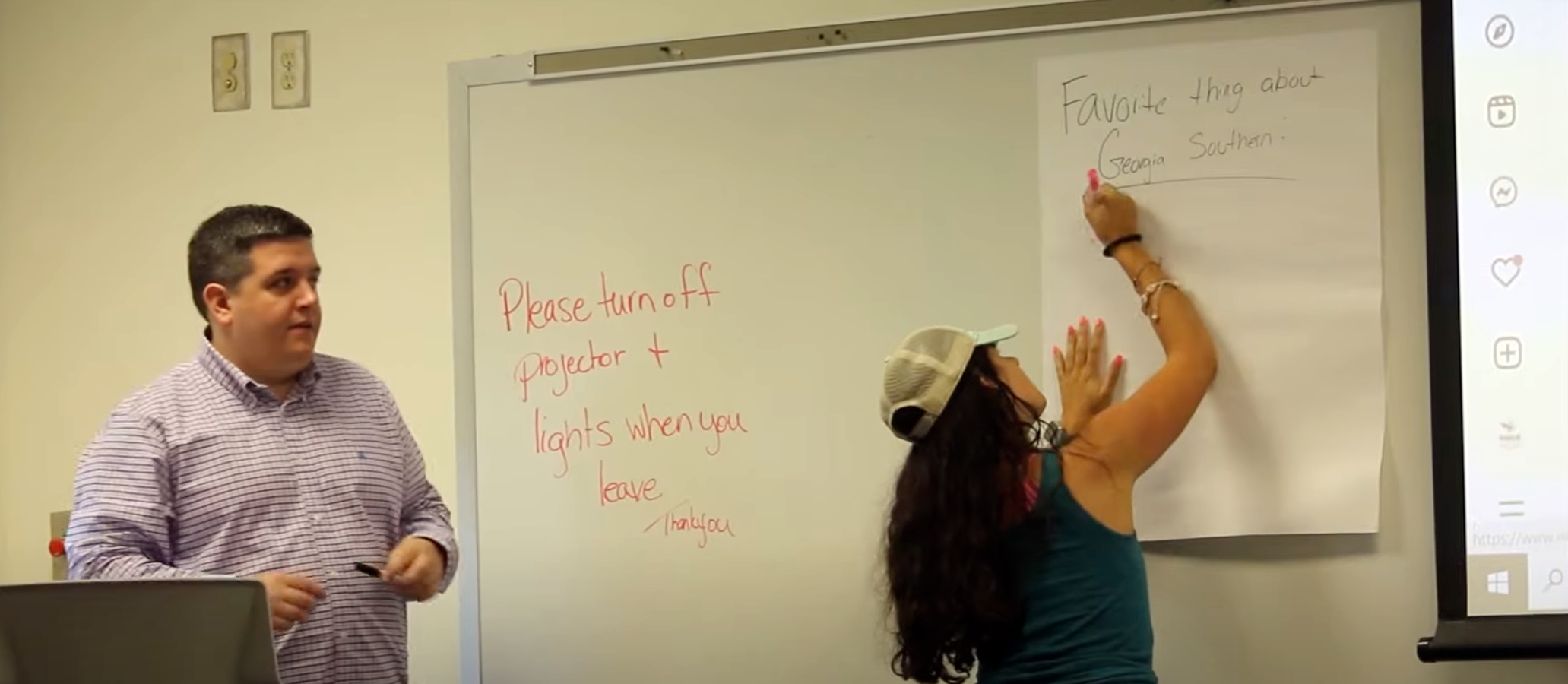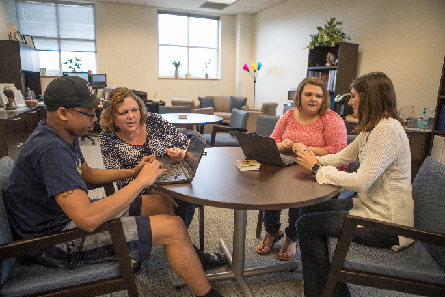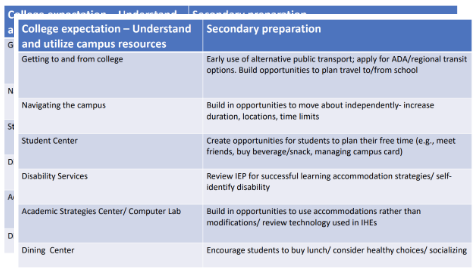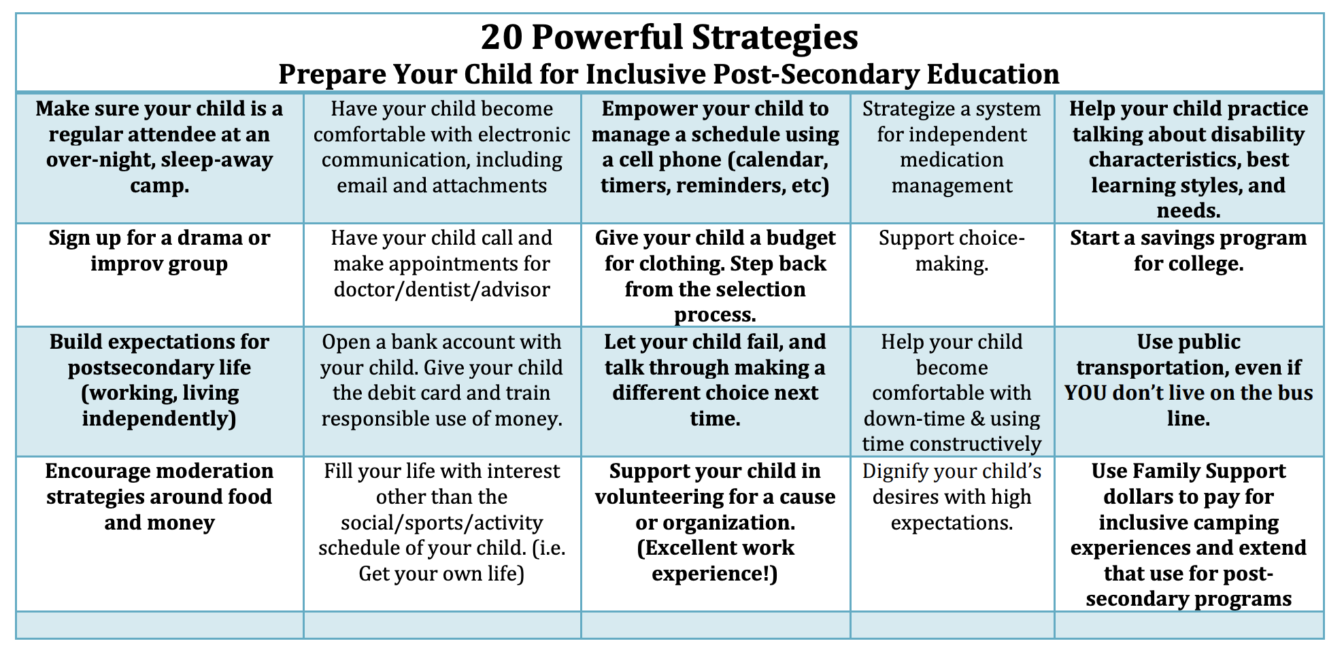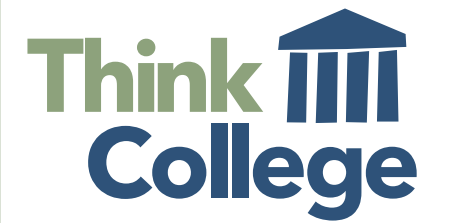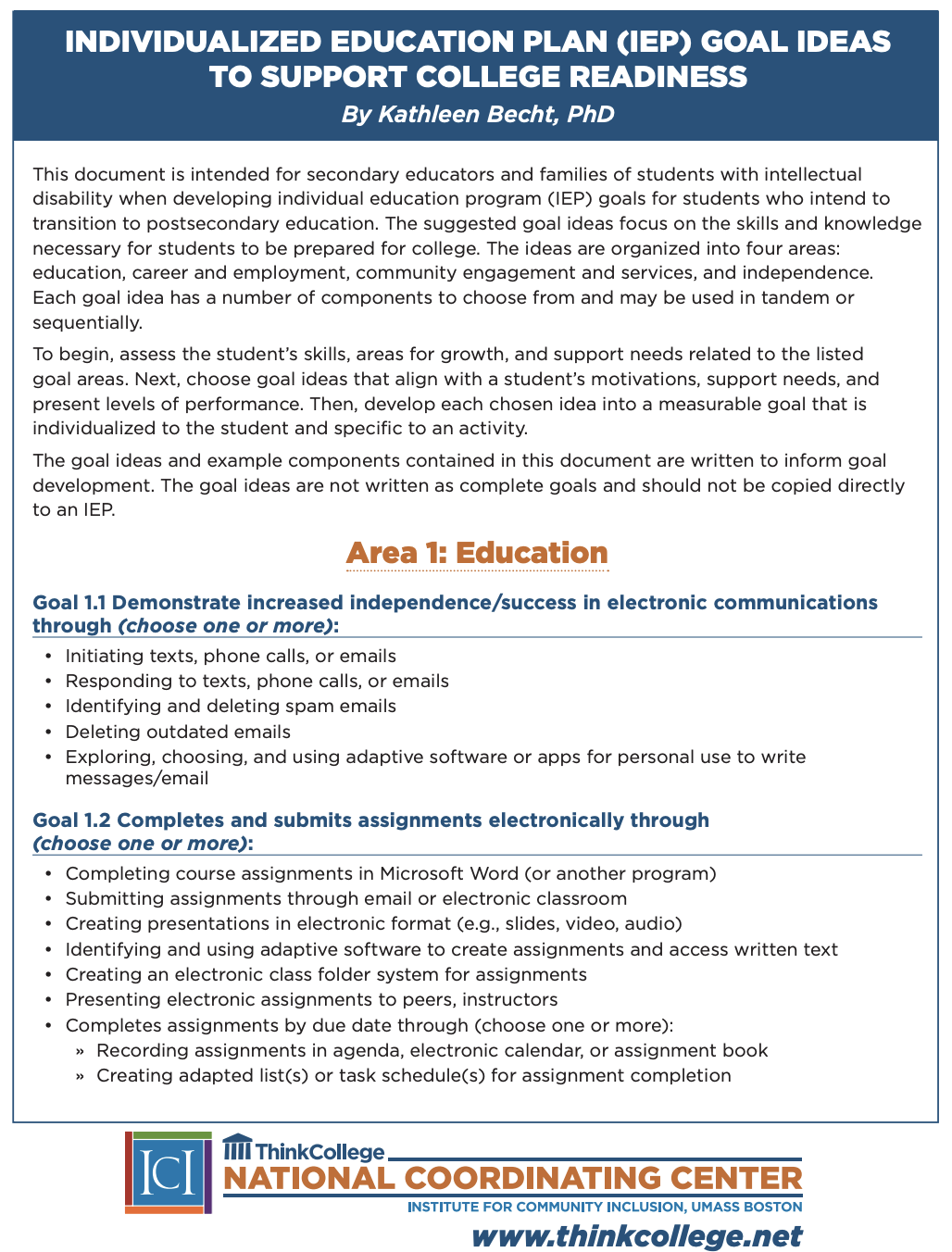How do I prepare students for an IPSE Program?
To prepare students for college life, teachers and transition specialists should support their students by formally implementing goals related to not only academics, but independent study, social skills, and task attention.
To fully prepare students for IPSE success, transition plans should address academic goals as well as soft skills such as:
- Self-determination and self-advocacy
- Organization
- Time management
- Personal goal setting
- Using technology
- Independent study
- Basic navigation skills
